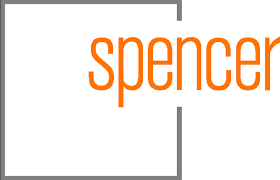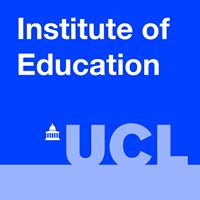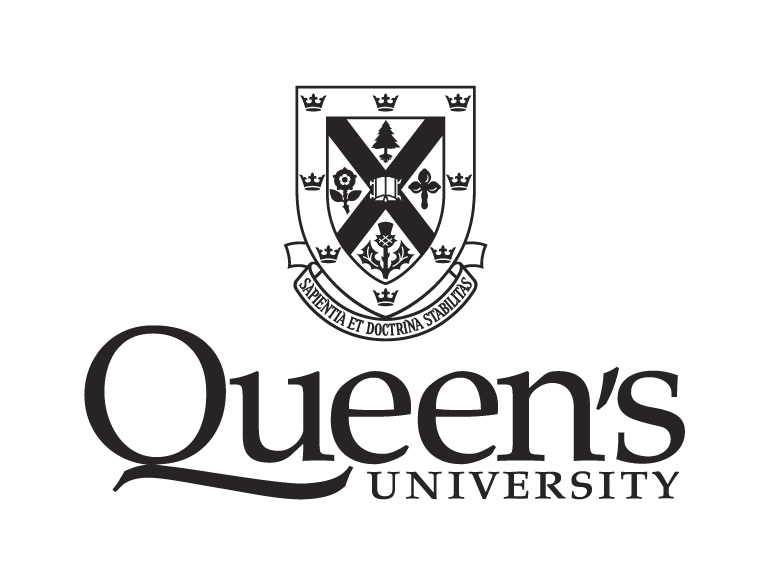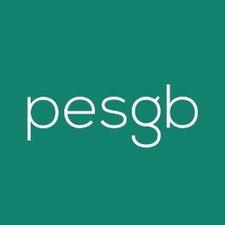London Workshop: Teaching and Learning
Date: Friday 5 May – Saturday 6 May, 2017.
Organizers: David Bakhurst (Queen’s University at Kingston, UCL Institute of Education) and Jan Derry (UCL Institute of Education)
Venue: UCL Institute of Education, 20 Bedford Way, London, UK, Room 802
Speakers: Adam Carter (Edinburgh), Katherine Hawley (St. Andrew’s), Giuseppina Doro (Keele), Ben Kotzee (Birmingham), David Bakhurst (Queen’s, Canada/UCL Institute of Education), Duncan Pritchard (Edinburgh), Jan Derry (UCL Institute of Education) and Paul Standish (UCL Institute of Education).
This workshop will examine new developments in the epistemology of teaching and learning, inspired by advances in social epistemology, and explore their metaphysical and ethical consequences. Issues will include: teaching and testimony; the cultivation of know-how and practical knowledge; learners as cyborgs; epistemic dependence and intellectual autonomy.
The workshop will run all day Friday 5 May. There will be one or two further talks on the morning of Saturday, 6 May, which will also be part of a one-day conference on Knowledge, Mind and Understanding at UCL Institute of Education, organized by Jan Derry. The full schedule is available here (presently TBA).
All are welcome. The workshop is free of charge, but registration is now officially closed. For further inquiries please contact David Bakhurst directly at bakhurst@queensu.ca.
Teaching and Learning: Metaphysical, Epistemic and Ethical Issues
The last decade has seen a growing interest in the epistemology of teaching and learning. This has been motivated in part by developments in the burgeoning field of social epistemology, which has breathed new life into discussions of testimony and other forms of epistemic transaction, and opened up novel perspectives on the social maintenance and inheritance of knowledge. Another important stimulus has come from within education itself, where anxiety over the usefulness of traditional methods of pedagogy, combined with the perception of the transformative potential of innovative learning technologies, has stimulated new debates about what should be taught and learnt, how teaching and learning are best accomplished, and what kind of teachers and learners the future will bring.
Such questions also raise profound metaphysical issues. Discussions of epistemic dependence raise issues about the borders of the mind, shared intentionality and mutual recognition. And new learning technologies force us to entertain the idea that learners will become (or perhaps are now) “cyborgs”, creatures not just enabled by, but continuous with, the technology that enhances them.
This workshop will consider such striking new developments in the epistemology, metaphysics and ethics of teaching and learning, and take the discussion in exciting new directions.
The workshop is sponsored by The Spencer Foundation; PESGB; Queen’s University, Kingston, Ontario; and the Centre for Philosophy, UCL Institute of Education.




